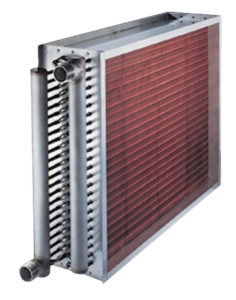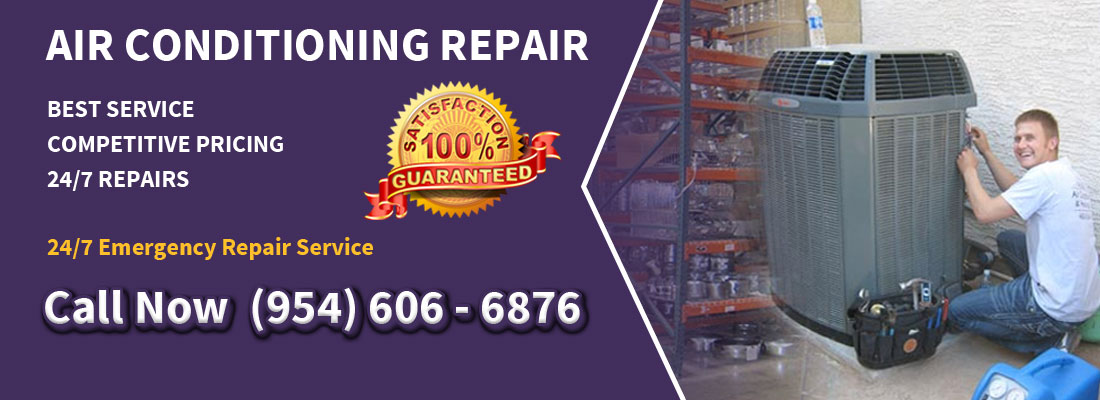 Air conditioning units have two types of coils; the condenser and evaporator coils. The evaporator coil is found within the air handler and is responsible for cooling the air that is blown across it into your home. On the other hand, the condenser coil is normally located outdoors within the compressor portion of your AC unit. The job of the condenser coil is to ensure that the refrigerant is cooled down and condensed back to its liquid form.
Air conditioning units have two types of coils; the condenser and evaporator coils. The evaporator coil is found within the air handler and is responsible for cooling the air that is blown across it into your home. On the other hand, the condenser coil is normally located outdoors within the compressor portion of your AC unit. The job of the condenser coil is to ensure that the refrigerant is cooled down and condensed back to its liquid form.
The Importance of Coil Cleaning
The coil that mostly suffers from the accumulation of dirt and debris is the evaporator coil. This is because it is the coil that comes into contact with the dusty and warm air from outside. As this air repeatedly flows over the coil, it leaves behind dust and dirt. When thick layers of debris build on the coil, it can make it develop icing problems or even destroy the compressor outdoors.
Blocked evaporator coils can cause the compressor to run at temperatures that are above normal and this can break down lubricants within the system. Thus it is important to ensure the coil is cleaned regularly.
Coil Cleaning Methods
Thorough cleaning of the cooling coil may require refrigerant lines to be cut, the coil removed, and other components as well so that they can be cleaned in isolation and then reinstalled. Such a process may be too costly to be undertaken either by the average home owner or regularly. There are much simpler cleaning methods such as:
Compressed Air Method
Blowing off the evaporator coil with compressed air is one of the effective and quick methods for cleaning the coil. The air is sprayed from the cleaner side of the evaporator coil towards the dusty or dirty side. This prevents dirt and debris from getting trapped into the coil fins. In order to prevent bending of the fins, you should blow air straight through or at right angles to the coil fins.
The main drawback with this method is that it requires extra care so that the dust and debris do not end up in your indoor space.
Brush Cleaning
If the coil has a fair coating of debris and dust, it can be cleaned successfully with a soft bristle brush. Cleaning your coil once in every 3 or 4 months can significantly reduce your cooling costs and eliminate the need for more costly cleaning procedures. Depending on the positioning and the degree of dust in your surroundings, you may not have to necessarily clean your coil regularly. Again, you should be careful so that the coil fins are not damaged.
Using Chemicals
There are various chemical solutions both alkaline and acid-based that are formulated specifically for coil cleaning. Avoid using strong chemicals when cleaning your AC coil because this can cause erosion and damage to the coil.
There are various foaming coil cleaners in the market which can gently lift the debris and layers of contamination without damaging the coil system.
When hiring an AC technician, ensure they have the necessary experience and where possible they should share with you their references before approving them for the project.




